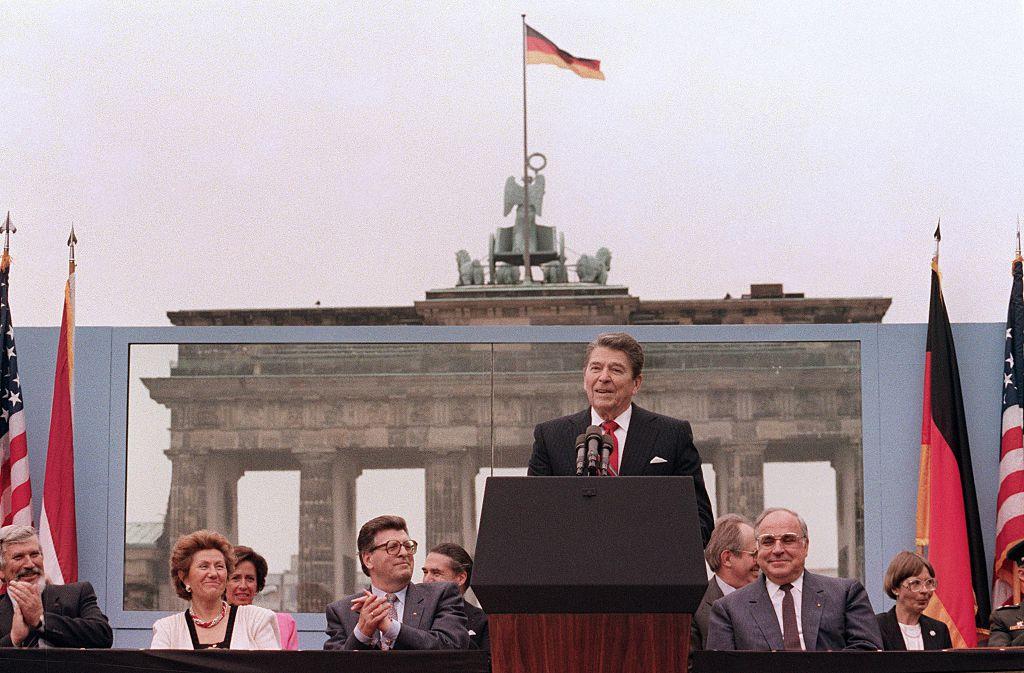Commentary
Over the past two years there has been much talk of a “New Cold War” possibly now breaking out between the United States and China. The truth, however, is that it’s not new. It’s the same old Cold War just being conducted in new ways.

Over the past two years there has been much talk of a “New Cold War” possibly now breaking out between the United States and China. The truth, however, is that it’s not new. It’s the same old Cold War just being conducted in new ways.